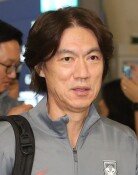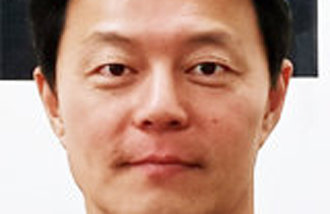`It`s time for the D-10`
To resolve pending global social issues including North Korea, Syria and Iran, the U.S. should create "D (Democracies)-10" with its nine most friendly countries that promote democracy instead of resorting to G-8 where opinion adjustments are not smoothly carried out, experts said.
David Gordon, head of research at consulting firm Eurasia Group, and Ash Jain, a fellow at German Marshall Fund of the U.S. and former member of the U.S. State Department`s policy planning, jointly wrote a column titled "Forget the G-8. It`s Time for the D-10" at Wall Street Journal on Tuesday.
They wrote that the G-8 summit and the United Nations Security Council have little hope of making progress on major security issues such as the Syrian civil war and Iranian and North Korean nuclear programs because China and Russia, the group`s only non-democracy, frequently stand in the way of concerted actions of G-8 or U.N. Security Council. They added the U.S. should form a new collaborative system of D-10 with countries eager to respond to global security threats and protect value of democracy. They cited South Korea, the U.K., France, Germany, Italy, Canada, Japan, Australia and the EU as potential participating countries.
Gordon and Jain said D-10 countries account for more than 60 percent of global GDP and 75 percent of global military expenditures. They urged the U.S. should bring together foreign affairs ministers of these countries and officially launch D-10 system as soon as possible.
The advantages of D-10 cited were easy collaboration on issues such as North Korean and Iranian nuclear programs, and effective embracement of Asia-Pacific and European countries. For example, an effective sanction against Iran will not be possible only by the U.S. and the EU, and support by South Korea and Japan, which are major importers of Iranian crude oil, is crucial. To check China`s rapid rise, cooperation with the EU, which has high volume of trade with China, is necessary, the authors noted.
Gordon and Jain said external publicity of D-10 should be avoided to prevent misunderstanding by strong emerging economies such as BRICS. They added the U.S. should not neglect its relationship with G-20 including the U.N., China and Russia by solely depending on the D-10 system, and continue two-way talks with Brazil, Russia, India, China and South Africa.
Eurasia Group is a leading global political risk consultancy founded in 1998. Headquartered in New York, the firm has branches in Washington, London and Tokyo, providing various consulting to governments and companies. Gordon is a doctor of philosophy at University of Michigan and lectured in Princeton University and Georgetown University. He has been serving as the head of research at Eurasia Group since 2009.







